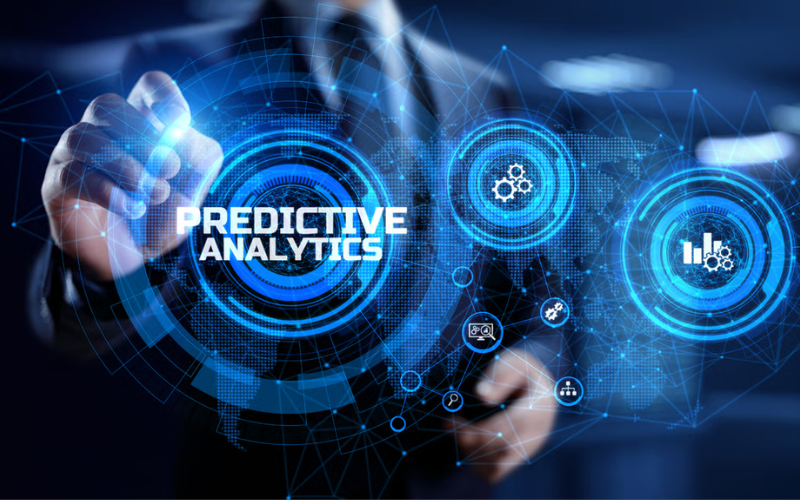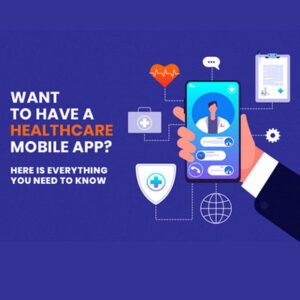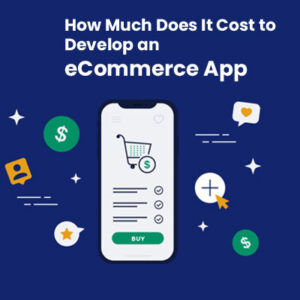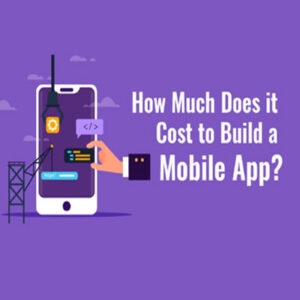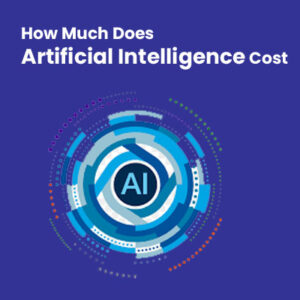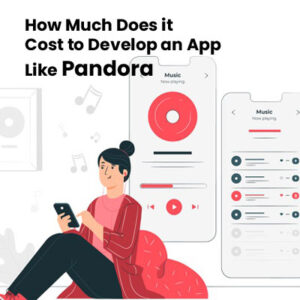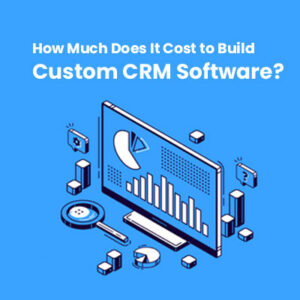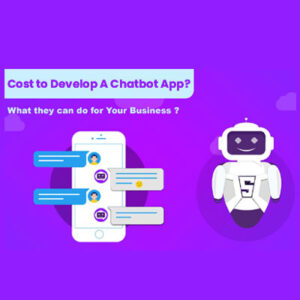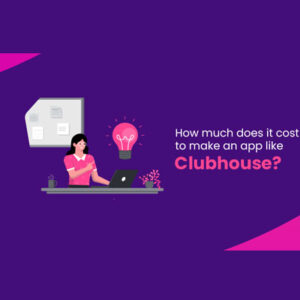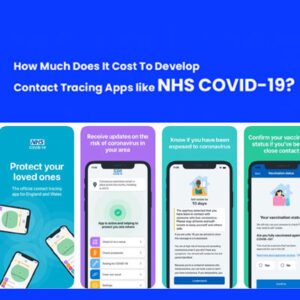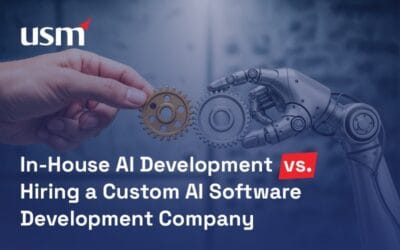The Role of Predictive Analytics in Shaping the Future of Healthcare
The Role of Predictive Analytics in Shaping the Future of Healthcare
How AI-Driven Predictive Modeling in Healthcare Helps for Personalized Treatment?
The health care industry is also making a paradigm shift with the facilitation afforded by advancements in AI technology and health information systems. One-size-fits-all solutions are being relegated to the backseat with the emergence of personalized medicine, with treatment tailored using the power of enormous volumes of health data.
Predictive modelling anchored on Artificial Intelligence (AI) is at the center of this revolution, an elevated methodology consisting of Machine Learning (ML) applications, current patient information, and physician knowledge to forecast outcomes. The technology is revolutionizing digital health solutions by giving the capacity to diagnose sooner, enhance treatment planning, and attain improved long-term outcomes.
The Role of Predictive Modeling in Personalized Healthcare
Predictive modeling in the health sector uses AI and ML algorithms to analyze massive quantities of genomic data, Electronic Health Records (EHRs), and real-time streaming sensor data from wearables to predict future health events. Conventional statistical models cannot learn from unstructured data (e.g., radiology images or clinical narrative), identify hidden patterns, or improve predictability over time.
-
Multimodal Healthcare Data Analytics
Multi-source health data is the key for AI models, all from EHRs, medical images, genomics, and wearable sensor data. Advanced ML models search through all this rich data to build treatment insights specific to a given patient.
For example, deep learning algorithms can analyze MRI scans, gene mutations, and patient information and suggest individualized oncology treatment administrations. IBM Watson Health is the best example that demonstrates predictive analytics healthcare augmentation of clinician judgment with unparalleled accuracy.
-
Real-Time Monitoring and Time-Series Prediction
AI and predictive analytics in digital health also perform well with real-time patient tracking. Real-time predictive algorithms match physicians and hospitals by monitoring physiological information such as heart rate, oxygen saturation, and blood pressure to identify anomalies and predict impending health emergencies.
-
Explainable AI (XAI) in Clinical Settings
With improvements in healthcare AI, transparency has never been more critical. Explainable AI provides clinicians immediate access to the reasoning behind the decision-making process, whether it’s the identification of the most important risk factors for disease or why one particular treatment is necessary. Such a trust-oriented focus is key to clinician adoption and regulatory approval of precision medicine AI technology.
-
Federated Learning for Secure AI Training
Personal data privacy is of the highest value in healthcare. Federated learning allows one to train AI models across decentralized data silos without compromising patient confidentiality. This keeps it under data governance and adds more to the availability of AI in healthcare data analysis.
Key Applications of AI Predictive Modeling in Personalized Healthcare
-
Early Diagnosis and Risk Stratification
Early disease diagnosis is the biggest application of predictive modeling. The scope of AI prediction in detecting early signs of diseases like cancer, cardiovascular disease, and neurological disease from EHR processing, lab data, and imaging studies weeks or months before presentations is enormous.
For example:
- AI machines forecast breast cancer through mammography with fairly accurate percentages, enabling early treatment.
- AI software calculates the chances of heart failure or diabetes in a patient and takes protective measures in advance.
Early diagnosis enhances prognosis, minimizes treatment stresses, and minimizes healthcare expenses.
-
Personalized Treatment Plans
Personalized treatment plans are now being prescribed by AI solutions based on individual patient’s profiles. They include:
- Choice of the right drug from a genetic match
- Optimization of optimal dosing
- Prediction of drug response or resistance
As an example, in treating cancer, AI systems take into account the genetics of the cancer to recommend customized chemotherapy regimens. AI-powered clinical advice aids practitioners in choosing drugs that are best suited for a patient’s medical history, rather than doing it through trial and error.
-
Chronic Disease Management
Asthma, diabetes, and hypertension are conditions that must be continuously monitored. AI predictive models can:
- Predict complications
- Enforce lifestyle modification
Real-time data are accurate and come from smartphone applications and wearable sensors. This data is input into AI models to derive insights into treatment planning, improving quality care management.
-
Reducing Hospital Readmissions
There is also predictive modeling to identify high-risk readmission patients. This data is utilized by the hospital in developing post-discharge care plans, telemedicine follow-up, and patient-specific education, thus enhancing patient outcomes and minimizing readmission penalties.
-
Genomic Data Integration for Precision Medicine
Genomics is also taking us to personalized medicine. Genomic sequence screening can be combined with AI for:
- Detection of disease-causing mutations
- Genetic risk prediction
- Targeting of cancer therapy
For example, predictive modeling aids in the choice of immunotherapy with genetic biomarkers like expression of PD-L1 in lung cancer.
-
Optimizing Clinical Trials
It will be a failure to enroll patients into clinical trials. AI makes it a success because:
- EHR and genotypic matching of potential enrollees
- Prediction of patient response to trial medications
- Prevention of dropouts Congestion-free reduction of trial duration and rapid-track new drug development.
Use Cases of Predictive Modeling in Healthcare
-
Oncology: Tailored Cancer Care
- Personalized Cancer Treatment: Predictive modeling is revolutionizing treatment and diagnosis in AI oncology solutions.
- Treatment Option: Based on disease history and gene markers, AI gives chemotherapy, targeted therapy, or immunotherapy to a patient with cancer.
- Radio Genomics: Machine learning integrates radiology images and genomics to forecast cancer aggressiveness and treatment response.
- Clinical Trial Matching: Predictive analytics identifies the patient and matches them to trials, and AI-assisted drug development is made possible.
-
Cardiology: Smart Heart Health Management
- AI models review ECG records, blood cholesterol readings, and patient histories to predict the likelihood of stroke or heart attack.
- Predictive modeling also powers virtual heart twins for test therapy simulation before use.
- AI-powered diagnosis of arrhythmia by wearable technology, the basis of remote patient monitoring solutions.
-
Neurology: Early Detection of Brain Disorders
Early detection and monitoring are made possible in neurology via AI by:
- MRI, genetic data, and behavioral patterns to identify Alzheimer’s and Parkinson’s.
- Stroke triage in minutes with AI tools such as Viz.ai, scanning for lethal blockages in the brain and alerting specialists in real-time.
These are only some of the many ways machine learning in medicine allows physicians to respond preventively.
-
Mental Health: Proactive Interventions
- Artificial intelligence-based Natural Language Processing (NLP) and sentiment analysis identify early depression, anxiety, or suicidal thoughts via social media, online conversations, and SMS.
- Predictive analytics also serve to assess the risk for chronic patients with bipolar disorders or schizophrenia.
-
Chronic Disease Management: Personalized Prevention
Predictive analytics is revolutionizing disease management of hypertension and diabetes. Some of the top applications are:
- Use of metabolic twins such as Twin Health to help with individualization of treatment and lifestyle for diabetic patients.
- Predicting non-adherence to drugs based on history of behavior, socio-economic status, and health literacy.
- MIPD-based CG dosing platforms enable patients to receive medication doses that are responsive to their genetic profile and the rate at which they metabolize.
Real-World Success Stories in AI-Powered Personalized Treatment
-
Predictive Oncology Enhancing Survival Rates
Predictive Oncology’s AI platform recently demonstrated improved survival prediction in ovarian cancer patients, supporting the potential of AI in personalized cancer therapy.
-
Sepsis Mortality Reduced with AI
UC San Diego Health recorded its COMPOSER program decreasing sepsis mortality by 17%. Real-world testing vindicates the potential for life-saving predictive modeling in critical care.
-
AI-Guided Cardiology
Machine learning technology used for coronary artery disease has prevented side effects and hospitalizations by detecting risk patients earlier than ever before.
-
Personalized Side Effect Prediction
The AI algorithm developed in the UK is able to predict three years later the likelihood of lymphedema among breast cancer survivors, promising a new era of individualized post-treatment possibility.
Benefits of AI Predictive Modeling in Healthcare
Improved Accuracy
AI models are superior to traditional statistical methods in handling high-dimensional data. This improves diagnostic and treatment prediction accuracy.
Scalability
AI models, once trained, can handle large amounts of data from diverse sources and scale across different departments, hospitals, or groups.
Real-Time Insights
AI can enable ongoing, real-time insight into the patient’s situation so that action can be taken immediately.
Cost Reduction
Prevention and anticipation of illness in advance save costs for treatment, prevent complications, and reduce hospitalization.
Patient Empowerment
Individuals are offered personalized care plans and proactive management of health recommendations, and they become engaged participants in their own health process.
Future Trends: What’s Next for AI in Personalized Medicine
-
Digital Twins Across the Human Body
From heart to kidneys to pregnancies, digital models of patients will eventually enable simulation of disease progression and treatment response.
-
Predictive AI in Population Health
Not only patients, but predictive analytics will forecast disease epidemics, streamline hospital resource use, and support value-based care models at scale.
-
Generative AI in Drug Discovery
Generative Artificial Intelligence is speeding up drug discovery through protein structure prediction and drug interaction modeling, driving hyper-personalized care.
-
Blockchain in AI-Powered Health Systems
Health technology will ultimately meet up with decentralized technologies to provide secure and transparent management of individual healthcare data.
Conclusion
Put digital health, predictive analytics, and artificial intelligence technology together, and personalized medicine is a reality. In oncology, cardiology, neurology, mental health, and chronic care, AI enables clinicians to deliver care according to the unique profile of each patient. Over the next coming years, AI for health will augment but also foretell, adapt to, and customize, rewiring the patient experience around every bend.
